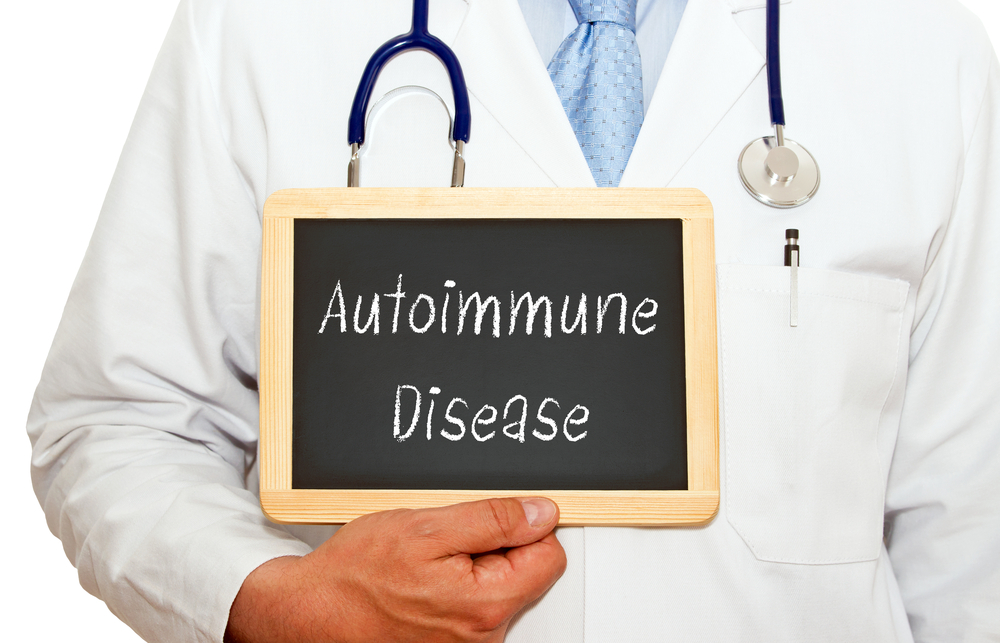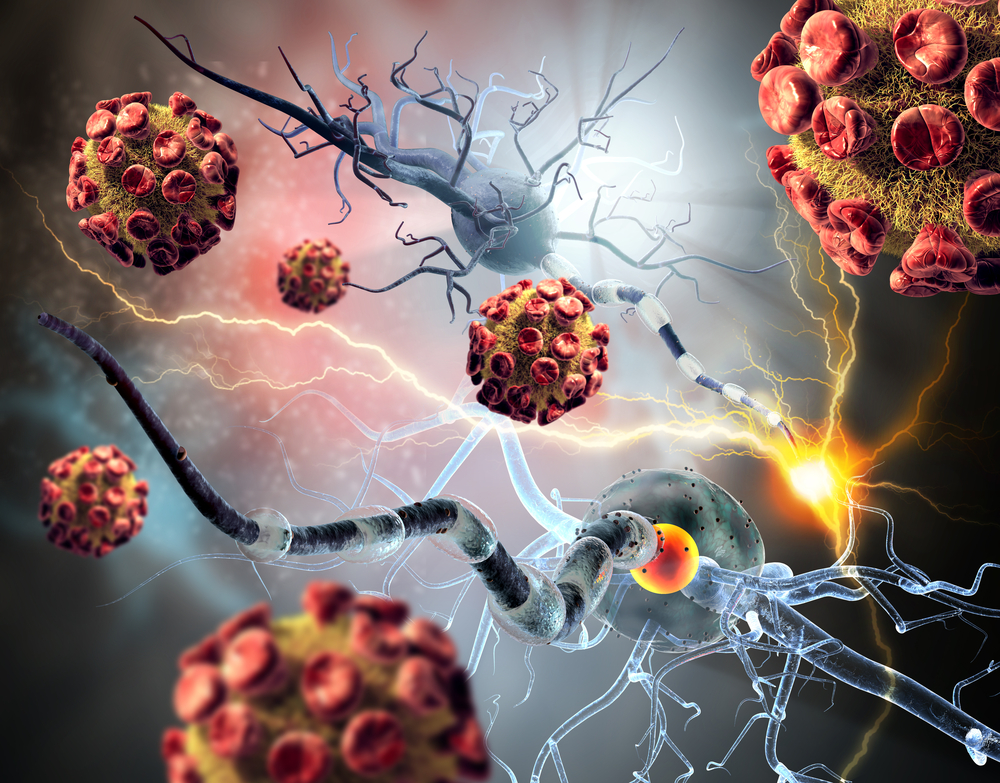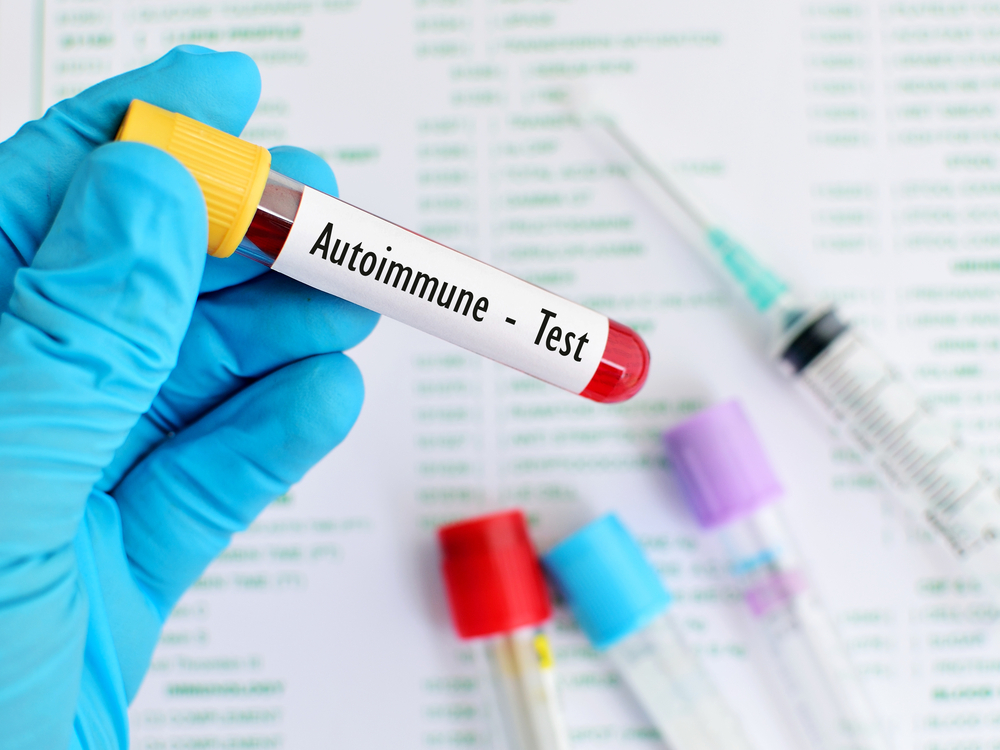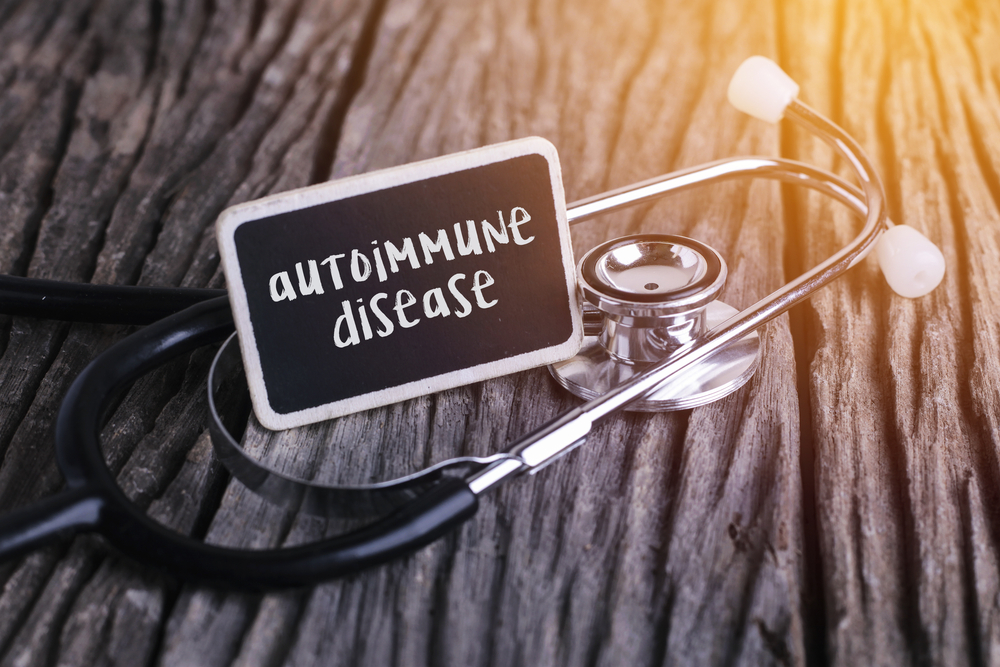Our immune system is our body’s defense system. During and after pregnancy, it protects us from infections and autoimmune diseases by battling invading microorganisms and other harmful environmental agents. Interestingly, the role and function of each component of our body’s immune system are well controlled. For example, your immune system is able to differentiate between harmful foreign substances and your own natural body cells.
However, in some unique conditions like pregnancy, this may not go according to plan.

In immune deficiency diseases, the body defense loses its ability to fight off foreign intruders. When this happens, it loses control and begins to attack natural, healthy body cells. This is the mechanism behind autoimmune diseases.
In this article, you’d discover seven crucial facts about autoimmune diseases during pregnancy; what they are, common examples, and the unique features or symptoms.
Table of contents
What Are Autoimmune Diseases?
Autoimmune diseases are conditions that occur when the body’s immune system fights and kills natural and healthy body cells. It contains a spectrum of diseases characterized by over-activity of the body’s defense system.
In plain terms, you can picture it as the body’s army fighting against the body cells it ought to protect. This “self-attack” is because the defense system has lost its ability to differentiate between normal body cells and harmful foreign cells.
Common Examples of Autoimmune Diseases That May Occur During Pregnancy
- Systemic lupus erythematosus (SLE)
- Sjögren’s syndrome
- Immune Thrombocytopenia (ITP)
- Rheumatoid arthritis (RA)
- Psoriasis
- Inflammatory bowel disease
- Hashimoto’s thyroiditis
- Myasthenia gravis
- Celiac disease
- Pernicious anemia
Seven Important Facts About Autoimmune Diseases
1. No One Knows The Actual Cause
Despite decades of medical research, experts are yet to identify the root cause of autoimmune diseases. However, the process and mechanism by which they occur are well explained. For instance, environmental factors and infections have been found to trigger the occurrence of autoimmune diseases in most people.
Furthermore, unique physiological changes like pregnancy can also predispose a person to various autoimmune diseases.
2. Most of these diseases are genetic
Researchers have identified some genes associated with autoimmune diseases. These genes are passed down from generation to generation along family trees. This makes family members more susceptible to having a disease that another family member has suffered from in the past.

In addition, some autoimmune diseases are common in certain ethnic groups. For example, lupus is prevalent amongst African-American, Asian and Hispanic people. On the other hand, Type 1 Diabetes is more common in Caucasians.
Sometimes, these gene-based autoimmune diseases may remain hidden until pregnancy starts.
3. Autoimmune Diseases Are More Common In Women
Autoimmune diseases are more common in women. At least, there is a 5-to-1 ratio of female to male prevalence of these diseases. Also, most cases of autoimmune disease have occurred in women of childbearing age. The reason for this is largely unknown.
However, research has suggested that it is because women have a stronger immune response to infections than men.
4. They Can Have Varied Effects on Pregnancy
Every pregnancy in women with any of the conditions mentioned above is high-risk.
The interaction between pregnancy and autoimmune disease can produce varied effects on the disease and the pregnancy itself. As for the effects on the disease, pregnancy can trigger an increase, reduction, or removal of the symptoms of an existing autoimmune disease.
In some cases, pregnancy has no effect on the disease. Furthermore, a pre-existing autoimmune disorder can also cause harm to the baby during pregnancy.
5. These Conditions Increase The Risk of Cancer
Autoimmune diseases like celiac disease, multiple sclerosis, rheumatoid arthritis, and systemic lupus erythematosus can increase the risk of developing cancer. In addition, the use of drugs that suppress immune function to treat autoimmune diseases also increases the risk of cancer.

In contrast, cancer is involved in the development of autoimmune diseases such as scleroderma and myositis. This shows a great correlation and association between cancer and autoimmune diseases.
6. The Symptoms May Be Similar
There are over eighty of these conditions. These diseases affect different areas of the body like:
- Blood vessels
- Underlying tissues
- Joints
- Muscles
- Red blood cells
- Kidney
- Skin
Nevertheless, the early signs and symptoms of these diseases are very similar. However, the severity and location may differ. Individual diseases have symptoms peculiar to them based on the body part they affect.
These early signs and symptoms include;
- Fatigue
- Low grade fever
- General feeling of unwell
- Muscle aches
- Joint pain
- Skin rashes
It is also important to note that these symptoms are not always present; they tend to come and go.

7. Treatment Only Controls The Symptoms
There is no definite cure for autoimmune diseases.
The current treatment of autoimmune diseases is to induce remission (absence of symptoms) in the patient and keep him/her in that state for as long as possible. To achieve this, drugs are used to suppress the malfunctioning overactive immune system. Non-steroidal anti-inflammatory drugs (NSAIDs) such as Ibuprofen, and immunosuppressive drugs such as steroids help to reduce inflammation and the immune response respectively.

Furthermore, Disease-Modifying Anti-Rheumatic Drugs (DMARDs) are used to decrease the damaging effects of the inflammatory response. However, other treatment methods are used to treat specific symptoms like pain, swelling, fatigue, and skin rashes.
Advancements in research have led to the development of newer drug therapy with fewer side effects, which are more effective.
These include:
- Use of Monoclonal antibodies to reduce inflammation.
- Antigen-specific immunotherapy that allows the defense system to target abnormal cells.
- Co-stimulatory blockade which helps to block the pathway that leads to the autoimmune response
- Regulatory T cell therapy that utilizes this special type of T cells to suppress the autoimmune response.
However, during pregnancy, the mode of treatment largely depends on the stage of pregnancy and the presence/absence of other associated conditions.
Conclusion
Autoimmune diseases are conditions in which the immune system attacks the body cells. Even though there are a lot of these diseases, most of them present with similar symptoms. Furthermore, these diseases can be triggered by infections and environmental agents, especially during pregnancy, but the root cause remains unknown.
In conclusion, if you think that you’re at risk of any of the autoimmune diseases mentioned in this article, please consult your doctor.
We are always here to help you.
References
Ortona E, Pierdominici M, Maselli A, Veroni C, Aloisi F, Shoenfeld Y. Sex-based differences in autoimmune diseases. Ann Ist Super Sanita. 2016 Apr-Jun;52(2):205-12. doi: 10.4415/ANN_16_02_12. PMID: 27364395.
Cooper GS, Stroehla BC. The epidemiology of autoimmune diseases. Autoimmun Rev. 2003 May;2(3):119-25. doi: 10.1016/s1568-9972(03)00006-5. PMID: 12848952.

